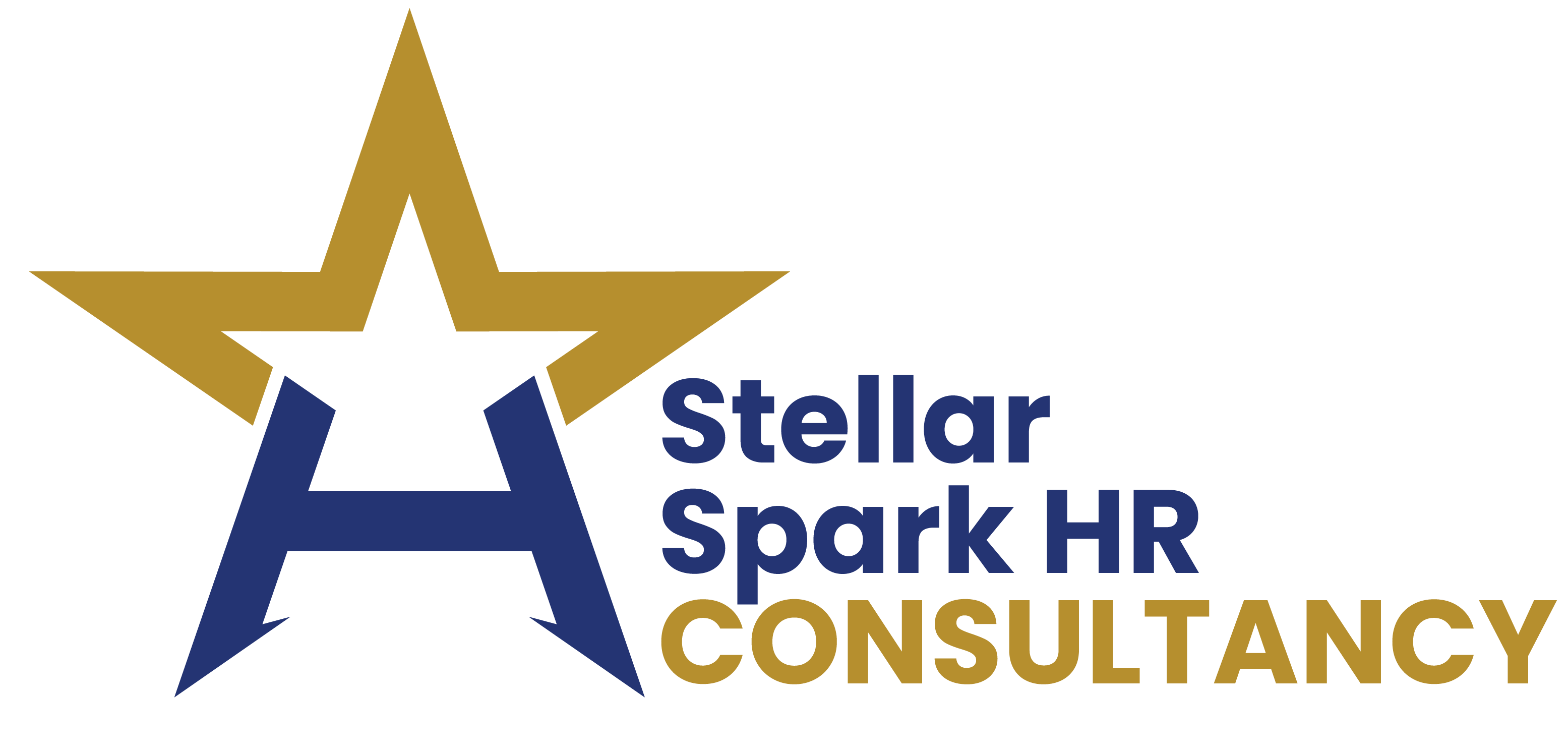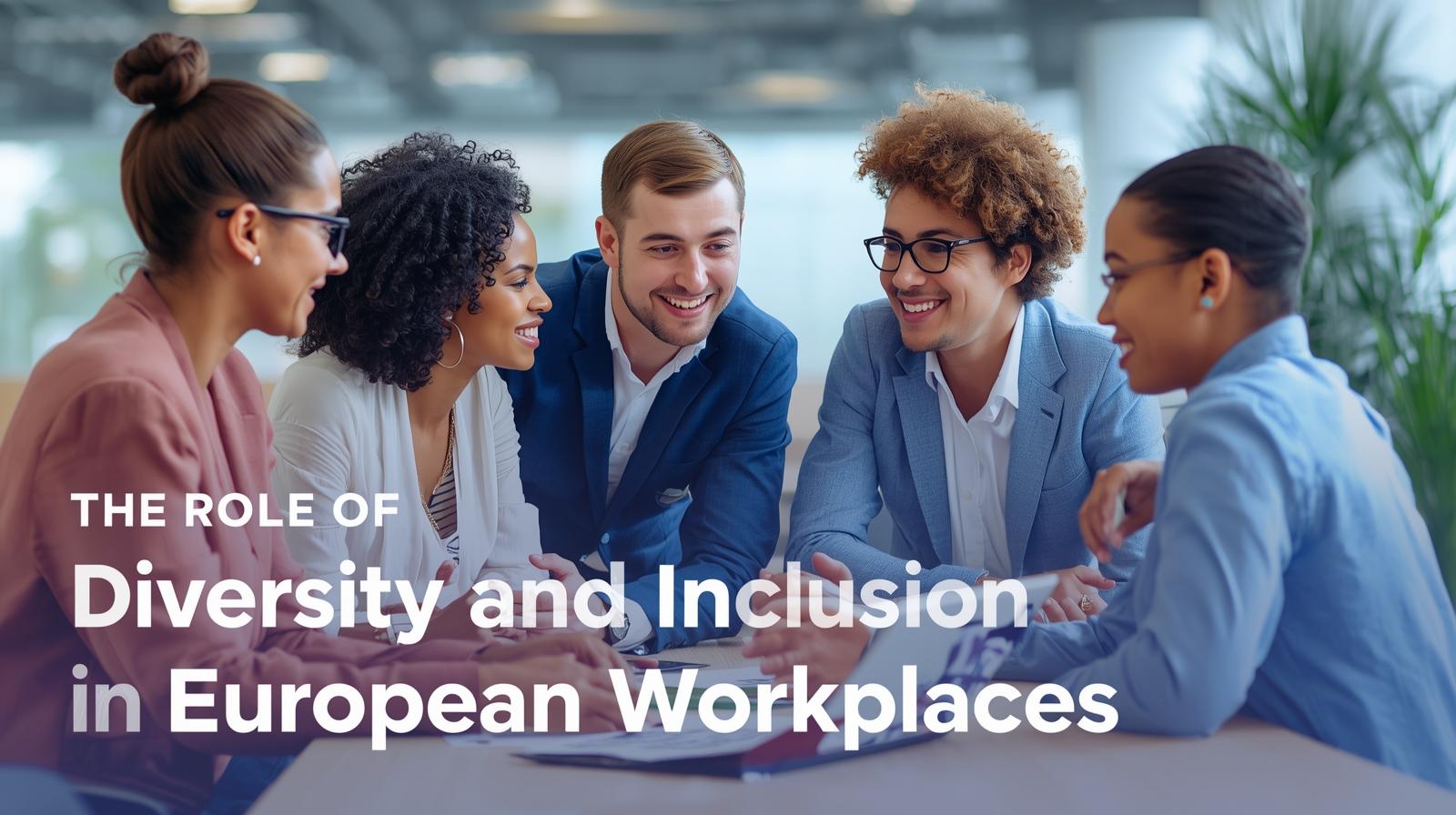The Role of Diversity and Inclusion in European Workplaces
In today’s globalized economy, diversity and inclusion (D&I) are no longer optional policies they are essential elements of organizational success. Across Europe, businesses are leading the way in building inclusive environments where employees of all backgrounds, identities, and experiences are not only welcomed but valued.
The role of diversity and inclusion in European workplaces extends far beyond compliance with legal frameworks. It reflects a shift toward workplaces that prioritize creativity, innovation, and social responsibility. For companies competing in highly competitive European and global markets, D&I has become a differentiator that attracts top talent, enhances brand reputation, and drives business performance.
What Do Diversity and Inclusion Mean in the European Context?
- Diversity in European workplaces refers to the representation of varied demographics gender, ethnicity, nationality, religion, language, sexual orientation, age, physical ability, and socio-economic backgrounds. Europe, with its multicultural societies and cross-border workforce, naturally embodies demographic diversity.
- Inclusion ensures that every individual has equal access to opportunities, resources, and a sense of belonging. It is about creating a workplace culture where differences are not just accepted but celebrated.
Together, diversity and inclusion fuel employee empowerment, innovation, and organizational resilience.
- For insights on how we support businesses with international workforce integration, explore our HR Consulting Services at Stellar Spark HR Consultancy.
Why Diversity and Inclusion Matter in European Workplaces
-
Legal and Ethical Responsibility
The European Union has established strong directives on equality and anti-discrimination. Legislation such as the EU Equality Directive and General Data Protection Regulation (GDPR) set clear guidelines for fair recruitment, pay equality, and employee rights. In many European countries, compliance with these regulations is strictly monitored, ensuring that D&I is deeply integrated into HR practices.
-
Business Growth Through Innovation
Diverse teams bring a variety of perspectives that lead to creative problem-solving and innovation. According to McKinsey’s Diversity Wins Report, organizations with diverse leadership are significantly more likely to outperform competitors. In Europe, where markets are highly dynamic, innovation is a critical driver of success.
-
Attracting Global Talent
Europe is a hub for international talent, from skilled engineers in Germany to hospitality professionals in Spain or healthcare specialists in the UK. Companies that actively promote inclusive policies stand out as attractive employers for global professionals, ensuring they can draw from the widest talent pool.
-
Employee Engagement and Retention
Inclusive workplaces lead to happier, more engaged employees. Workers who feel respected and valued are more likely to stay with their employer. In industries facing labor shortages such as healthcare, hospitality, and skilled trades retention is not just a benefit; it’s a business necessity.
-
Strengthening Employer Branding
In today’s job market, candidates especially Millennials and Gen Z want to work for companies that share their values. By embracing D&I, European businesses enhance their employer brand, making them more attractive to socially conscious job seekers.
How European Companies Implement Diversity and Inclusion
Inclusive Recruitment Practices
Recruitment is the starting point of inclusion. European organizations increasingly use blind CV reviews, AI-driven applicant tracking systems, and structured interviews to reduce bias. Many also set targets for gender balance and representation in leadership roles.
- Learn more about how we align recruitment strategies for Europe and the Middle East to ensure cultural fit and compliance.
Employee Resource Groups (ERGs)
ERGs, such as networks for women in leadership, LGBTQ+ employees, or cultural exchange groups, are common in Europe. These groups empower employees, provide peer support, and give underrepresented voices a platform to influence organizational decisions.
Flexible Work and Parental Support
Europe is recognized for its progressive work-life balance policies. Countries like Sweden, Denmark, and the Netherlands offer flexible schedules, remote work opportunities, and generous parental leave. These policies ensure inclusion for parents, caregivers, and employees balancing multiple responsibilities.
Leadership and Training Initiatives
Training leaders in inclusive management, unconscious bias, and cultural sensitivity is becoming standard. European companies also embed inclusivity in their leadership pipelines, ensuring tomorrow’s leaders are diverse and capable of managing multicultural teams.
Challenges Facing Diversity and Inclusion in Europe
Despite significant progress, challenges remain.
- Gender gaps in leadership: Women are still underrepresented in executive roles across Europe, particularly in STEM and finance.
- Barriers for minority groups: Ethnic minorities and immigrant workers often face limited opportunities for advancement.
- Regional differences: D&I practices vary across countries. Northern and Western Europe are more advanced, while some Southern and Eastern regions are still developing inclusive frameworks.
- Resistance to change: In certain organizations, diversity efforts are seen as compliance exercises rather than cultural transformations.
Acknowledging these challenges helps businesses refine their strategies and work toward meaningful inclusivity.
Benefits of Diversity and Inclusion in European Workplaces
- Enhanced Innovation and Creativity – Multiple perspectives create unique solutions.
- Better Decision-Making – Inclusive teams make more informed, balanced decisions.
- Higher Financial Performance – Studies consistently show a positive link between diversity and profitability.
- Improved Customer Understanding – Diverse teams better reflect diverse customer bases.
- Social Impact – Promoting inclusion contributes to fairer, more equitable societies.
- See how Stellar Spark HR Consultancy helps businesses build diverse teams tailored to industry needs.
Lessons for Middle Eastern and Global Employers
European practices provide valuable insights for organizations worldwide:
- Adopt structured policies – Clear, transparent frameworks minimize bias.
- Focus on leadership accountability – Leaders must champion inclusivity.
- Support cultural integration – Multicultural teams thrive when differences are embraced, not ignored.
- Balance global and local needs – While adopting European best practices, employers should tailor them to align with local cultural and legal contexts.
For the Middle East, which is experiencing rapid workforce diversification, Europe’s approach offers a blueprint for building inclusive, future-ready workplaces.
Final Thoughts
The role of diversity and inclusion in European workplaces is transformative. It ensures compliance with legal standards, strengthens employer branding, attracts international talent, and creates thriving, innovative organizations.
For companies in the Middle East and beyond, Europe’s example underscores the importance of embedding D&I into every stage of the employee lifecycle. At Stellar Spark HR Consultancy, we recognize that diversity is more than a metric it is a driver of growth, creativity, and resilience.
By connecting global talent with limitless opportunities, we help organizations embrace inclusivity and professionals unlock their true potential.




